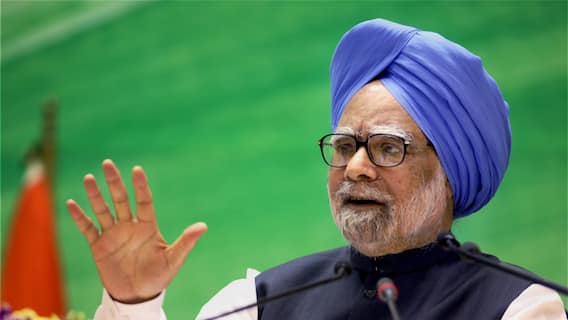Covid burden lessens in Africa, but vigilance crucial as year-end season begins: WHO
Johannesburg, Dec 9 (PTI): Although the level of COVID-19 infections across the African continent is at its lowest since the start of the pandemic two years ago, a recent four-week sustained increase calls for maintaining vigilance as the year-end holiday season sets in, the World Health Organization's Africa director has sai.

Johannesburg, Dec 9 (PTI): Although the level of COVID-19 infections across the African continent is at its lowest since the start of the pandemic two years ago, a recent four-week sustained increase calls for maintaining vigilance as the year-end holiday season sets in, the World Health Organization's Africa director has said.
“Despite the recent uptick, there is hope that Africa will be spared the challenges of the previous two years, when surging cases and deaths withered normal life and caused deep devastation. While the current trends keep the pandemic under control, we are carefully monitoring its evolution,” said Dr Matshidiso Moeti, WHO Regional Director for Africa at an online media briefing Thursday.
The investments made in the COVID-19 fight over the last three years were paying off, with the region better able to cope with the virus and its health emergency response systems bolstered, he said.
“We must remain vigilant, continue to increase vaccination coverage and be ready to adopt more stringent preventive measures, if necessary,” Moeti added.
There has also been less pressure on public health facilities in 2022, allowing countries to again improve on disrupted health services and increase focus on other health priorities such as routine immunization, disease surveillance and response to other outbreaks, the WHO said.
“Response to the COVID-19 pandemic across Africa has helped countries to reinforce key public health emergency response measures, including diagnosis and testing, critical care, and infection prevention and control,” WHO said, highlighting that the improvements could help the continent handle not only COVID-19 but other outbreaks.
At the onset of the pandemic, the average number of intensive care unit beds was around 3 per 100,000 people, below the WHO recommendation of a minimum of 5 per 100,000. With the support of WHO and partners, 70% of countries in the region have met the standard of intensive care unit beds, it said.
Medical oxygen production has also been boosted. In 2019, the continent had 2,600 oxygen concentrators, which has now almost trebled to 6,901. In addition, WHO has supported nine countries to set up and maintain oxygen production plants, increasing the region’s production by 7.9 million litres a day—enough to treat 1130 critically care patients per day.
WHO cautioned though that while care of critically ill COVID-19 patients has improved, African countries need to further strengthen their capacities to cope with a sudden surge in cases sparked by a possible new lethal and transmissible variant.
As part of a move to integrate COVID-19 combating strategies into routine health services, WHO is recommending that countries adopt testing strategies that focus on detecting new cases, particularly in vulnerable populations such as the elderly or those with comorbidities to reduce severe disease; and detecting new cases to limit transmission and to monitor viral epidemiology and evolution.
“As we move into 2023, it is time to bring COVID-19 out of an emergency response mode and integrate into routine health care,” said Dr Moeti.
“We are already seeing countries such as Ghana and Nigeria taking the lead on this, and I encourage others to do so as well. COVID-19 is here to stay,” Moeti concluded. PTI FH RCJ RCJ
(This story is published as part of the auto-generated syndicate wire feed. No editing has been done in the headline or the body by ABP Live.)
Trending News
Top Headlines





































